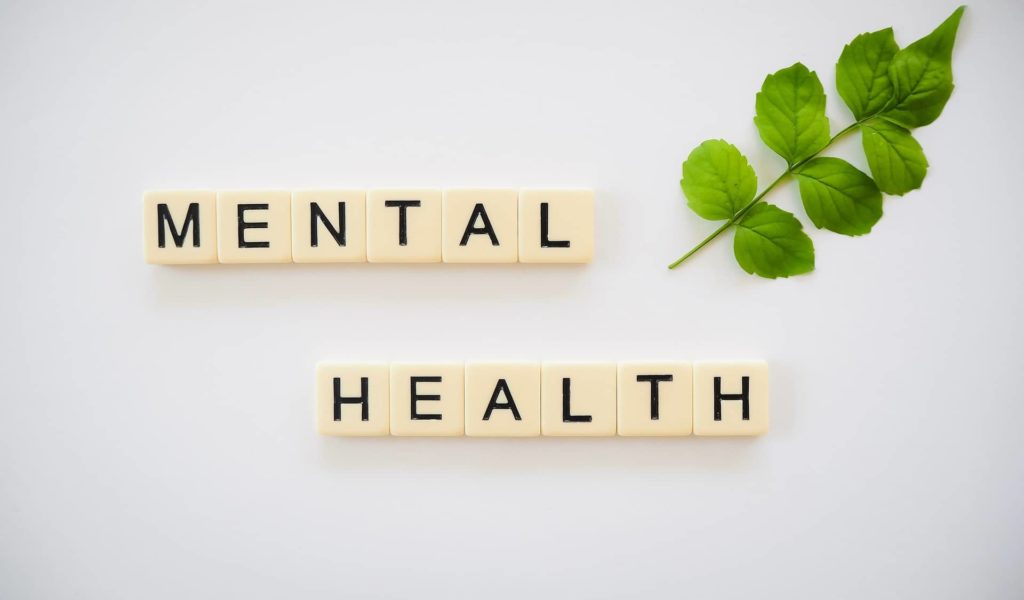Mental Health Care
Your mental health informs the way you think and feel, and it can also influence your actions. It also helps to establish how you deal with stress, make decisions, and interact with others. Maintaining sound mental wellbeing is key at all life stages.

Understanding Mental Health
The World Health Organization (WHO) described mental health as follows: “A state of well-being in which an individual realizes his or her own abilities, can cope with the normal stresses of life, can work productively, and is able to make a contribution to his or her community.”
According to the WHO, it is “more than the absence of mental disorders or disabilities.” Sound mental health involves sustained happiness and wellness.
With mental illness widespread, it’s vital to raise awareness of the pivotal role mental health plays. Individually and also in relation to the family unit and the society at large. If you develop mental illness, you can expect to notice changes in the following areas:
According to the WHO, it is “more than the absence of mental disorders or disabilities.” Sound mental health involves sustained happiness and wellness.
With mental illness widespread, it’s vital to raise awareness of the pivotal role mental health plays. Individually and also in relation to the family unit and the society at large. If you develop mental illness, you can expect to notice changes in the following areas:
What can affect my mental health?
There are many different factors that can affect your mental wellbeing, including:
How, then, can you determine if your mental health or the mental health of a loved one might be taking a turn for the worse?
While mental illness is commonplace, there is no shortage of help available, and there’s no need to suffer in silence. With the right treatment and accessibility, most people manage to recover fully from mental health disorders.
Why is Mental Health Important?
It’s a difficult thing to be present. To actually feel your feelings, to be aware of your body, to present to what’s going on in your head. It’s hard because at times we don’t like what’s going on in our heads and the computer and phone help us avoid that.
The problem of self medication of mental illness issues you may have is what later hijacks your system to create a full-fledged one dimensional personality that wants one thing and does not care about anything else. For example drinking alcohol to feel less anxious in social situations in the long run creates both dependency and addiction.
You have to be honest in assessing yourself. It’s ok not to be ok. It is an obligation to want to love yourself enough that you want to help yourself. We are so big at helping other people but what do we do to ourselves? We become our own worst critics. Thinking that you have to have hallucinations before going to a counselor to seek help.
Your mental health is important because it can help you to:
The problem of self medication of mental illness issues you may have is what later hijacks your system to create a full-fledged one dimensional personality that wants one thing and does not care about anything else. For example drinking alcohol to feel less anxious in social situations in the long run creates both dependency and addiction.
You have to be honest in assessing yourself. It’s ok not to be ok. It is an obligation to want to love yourself enough that you want to help yourself. We are so big at helping other people but what do we do to ourselves? We become our own worst critics. Thinking that you have to have hallucinations before going to a counselor to seek help.
Your mental health is important because it can help you to:
While mental health may appear vague, it can seriously affect your physical health. It can also impact your day-to-day life and your interpersonal relationships.
Disruptive life events, unstable interpersonal connections, and physical illnesses can all trigger mental illness. So, the relationship between your physical and mental health is interdependent. Taking good care of your mental health can help you to make the most out of life.
The Dangers Of Self-Medication
One of the most common issues surrounding dual diagnosis is self-medication. Self-medication is using drugs or alcohol to mask the symptoms of a mental illness. Using substances as a coping mechanism for mental or behavioral illness can induce an addiction. This makes the underlying condition even worse.
The following scenarios show how some people attempt to self-medicate a mental illness.
The following scenarios show how some people attempt to self-medicate a mental illness.
People struggling with a mental or behavioral illness who start abusing drugs or alcohol will consume as much as it takes to feel better. Over time, the person will build a tolerance and need to consume more of the drug each time to achieve the same high. This is a hallmark of both dependency and addiction.
Let’s work together:
Where there’s LIFE … there’s HOPE